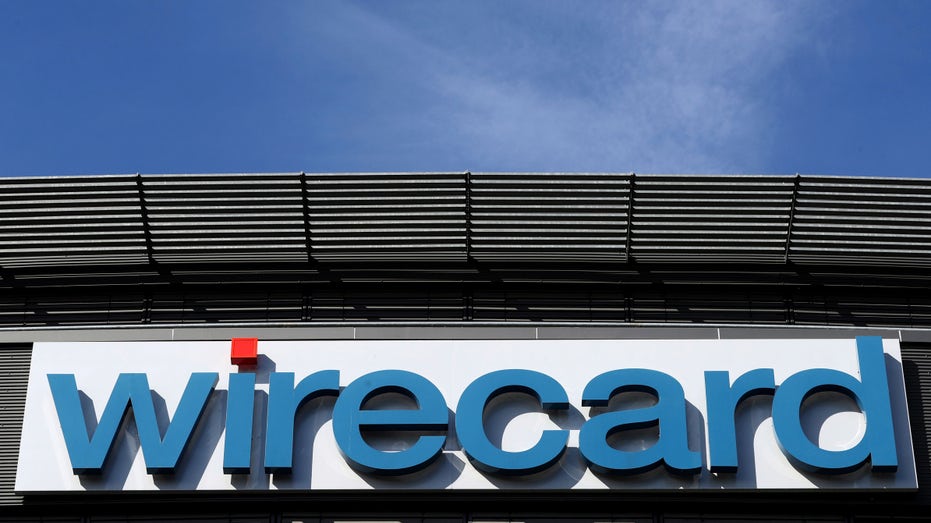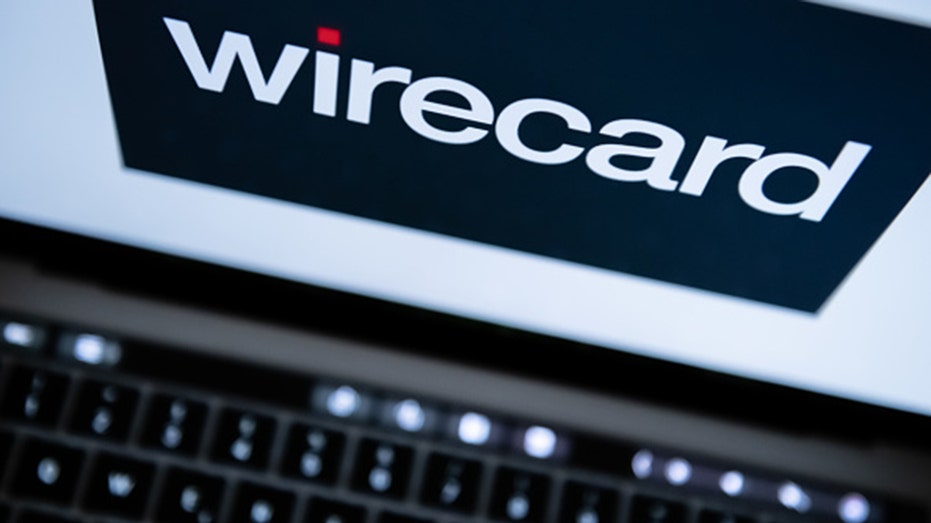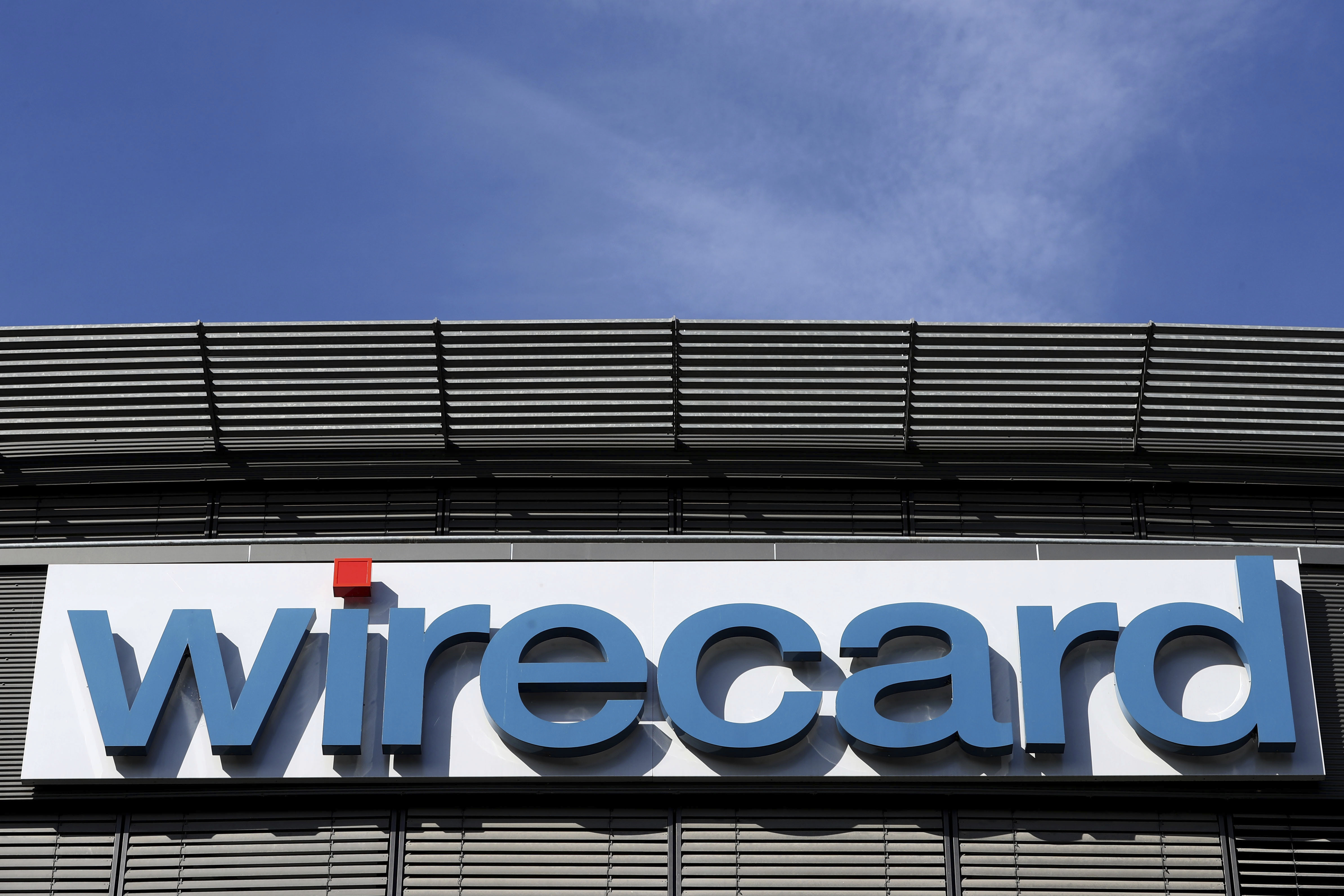Wirecard seeks new financing strategy after Moody's junk downgrade
CEO resigned after billions of dollars missing
FRANKFURT/MANILA - German payments firm Wirecard (WDIG.DE) said it had hired U.S. investment bank Houlihan Lokey (HLI.N) to devise a new financing strategy after Moody’s slashed the company’s rating to junk over the disappearance of 1.9 billion euros.
The scandal-hit company, whose CEO resigned on Friday, is desperately seeking to reassure investors after its search for the missing cash hit a dead end in the Philippines, prompting ratings agencies to react.
| Ticker | Security | Last | Change | Change % |
|---|---|---|---|---|
| WCAGY | NO DATA AVAILABLE | - | - | - |
| HLI | HOULIHAN LOKEY | 173.06 | +5.13 | +3.05% |
WIRECARD CEO QUITS AFTER BILLIONS GO MISSING
“The downgrade of Wirecard’s ratings and review for further downgrade reflect the accounting irregularities and related implications on the company’s liquidity and financial profile following its failure to publish the already postponed audited consolidated accounts for 2019,” Moody’s said late on Friday.
Wirecard, once seen as one of the hottest financial technology investments in Europe, faces a cash crunch after admitting it may have been the victim of fraud.
The company’s auditors refused to sign off on its 2019 earnings report, a step that could trigger high and immediate refinancing needs, according to analysts who cover the firm.

Markus Braun speaks at the Handelsblatt Banking Summit in Frankfurt, Germany, on Wednesday, Sept. 4, 2019. (Alex Kraus/Bloomberg via Getty Images)
WIRECARD SLUMPS 40% AS SEARCH FOR MISSING BILLIONS TURNS TO PHILIPPINES
Following the resignation of Markus Braun as chief executive, Wirecard said in a statement late on Friday that it had hired Houlihan Lokey to overhaul its financing strategy.
Analysts said banks could move to call in some two billion euros in loans granted to the firm.
“The deadline for audited results was June 19, yesterday, otherwise 2 billion euros of loans could be terminated,” said Neil Campling, an analyst at the Geneva-based Mirabaud asset-management company.
FALSE DOCUMENTS
Wirecard’s troubles deepened after two Philippine lenders, BPI and BDO, said documents purporting to show the company had deposited funds with the banks were false.
BPI told Reuters on Saturday that it had suspended an assistant manager whose signature appeared on one of the fraudulent documents.
“It was a letter supposedly signed by the assistant manager implying that we had banking relationships with Wirecard. Which is not the case,” the bank said.

The logo of financial services company Wirecard is pictured at the headquarters in Munich, Germany. (AP Photo/Matthias Schrader, file)
The other bank, BDO, told the Philippine central bank that it appeared one of its marketing officers had fabricated a bank certificate.
Philippine Central Bank Governor Benjamin Diokno told Reuters the fact that the documents were fake was confirmed following questions raised by EY, Wirecard’s external auditor, which is under fire from the payments firm’s shareholders.
BDO Chief Executive Nestor Tan also said EY had approached them to ask whether Wirecard was a client.
Wirecard said on June 18 that auditors had suddenly refused to accept the certificates confirming account balances, angering leading investors as nearly 10 billion euros ($11.2 billion) was wiped off the company’s market value in two days.

The lettering of the payment service provider Wirecard can be seen on a laptop screen. (Photo by Silas Stein/picture alliance via Getty Images)
GET FOX BUSINESS ON THE GO BY CLICKING HERE
Dutch shareholder group VEB said on Friday it would seek compensation from EY because it had failed to warn investors earlier.
“EY has played a significant role in the whole Wirecard scandal, not only from its inability to detect the flaws in Wirecard’s escrow account in former years,” VEB said.
“Just when EY should have played a protective and clarifying role, it left the shareholders out in the cold,” it added.
A spokeswoman for EY in London said on Saturday it had not received news of VEB’s complaint and declined further comment.
VEB has said Braun told investors on May 3 that EY had reassured the company they had no problem signing off on the 2019 audit. That wrong-footed the markets, leading shareholders to incur losses, according to VEB.
Wirecard shares closed down 35% on Friday after the firm said it could not issue audited financial results.
READ MORE ON FOX BUSINESS BY CLICKING HERE




















